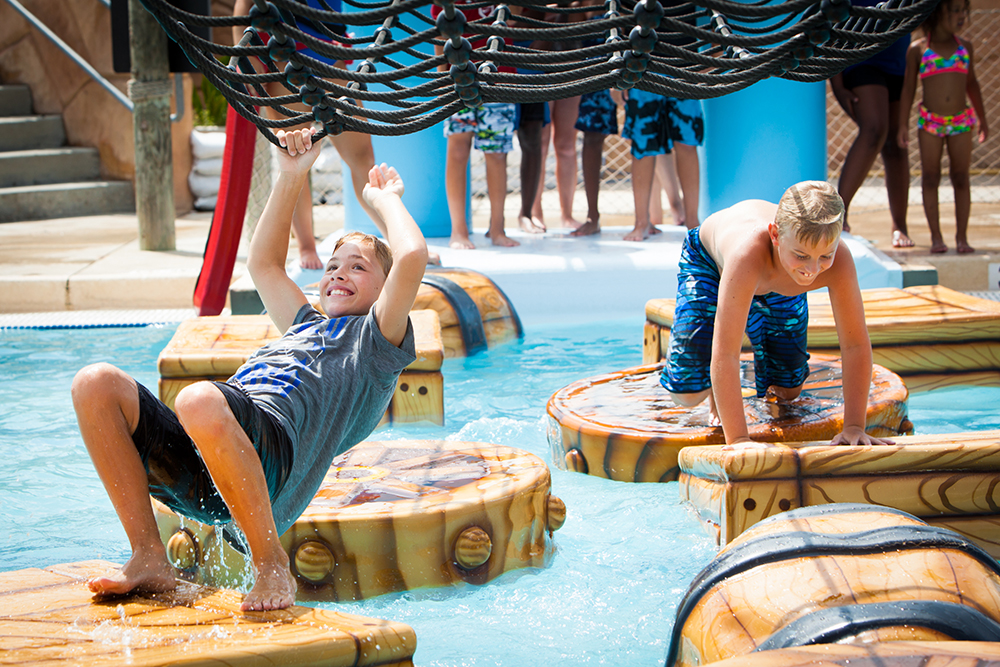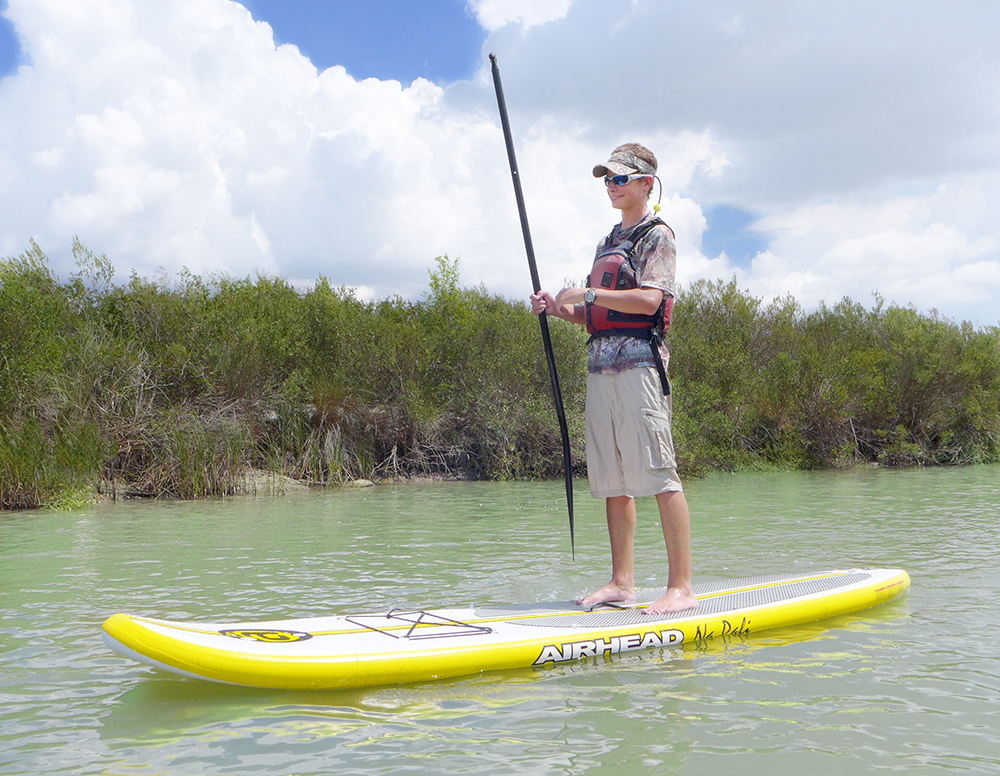Living Here
Life in Baytown
Baytown, Texas sits on the northern shore of Galveston Bay between the San Jacinto and Trinity Rivers. The Baytown region includes Chambers County and part of Harris County, home to the city of Houston. The bright lights of Houston are an easy, thirty-minute drive away and a major influence on life in this community. World-class corporations, cultural attractions, an endless menu of great restaurants and major league sports teams are always nearby.
The Baytown Tourism Office promotes the region as "Family, History and Nature, Together," and that's the truth. Ask Baytown natives why they love living here and the answers reflect classic, American values. "Great schools for my kids." "I love to go bird watching." "Real Texas hospitality every day." "We love to kayak in the wild marshes."
Chambers County
Founded in 1858 and named for Thomas Jefferson Chambers, a major general in the Texas Revolution, the current population in Chambers County is approximately 38,000 with expected growth to 44,000 by 2020. The county seat is Anahuac and alongside Baytown other sister cities in Chambers County include Mont Belvieu, Beach City, and Winnie. Chambers County is included in the Houston - Woodlands - Sugar Land metropolitan statistical area.
Property taxes remain low and the county's financial base is rock-solid, thanks to the welcome, longtime presence of global giants like ExxonMobil, Enterprise Products, and Covestro (formerly Bayer). With corporate leaders like that calling Chambers County home, the community is energized with opportunities: Right now, there is an astounding $18 billion in expansion projects underway in the region.
Family
The Baytown region is home to a place every Texan is proud of. The San Jacinto Monument marks the spot where General Sam Houston defeated the forces of Mexican president Lopez de Santa Anna to end the Texas Revolutionary War in 1836. If you want to understand why Texans are such an independent breed, it starts right in Baytown. History is in the air here, and you can experience it firsthand by visiting the Baytown Historical Museum or our Republic of Texas Plaza.
History
The Baytown region is home to a place every Texan is proud of. The San Jacinto Monument marks the spot where General Sam Houston defeated. The forces of Mexican president Lopez de Santa Anna to end the Texas Revolutionary War in 1836. If you want to understand why Texans are such an independent breed, it starts right in Baytown. History is in the air in Chambers County, and you can experience it firsthand by visiting the Baytown Historical Museum or our Republic of Texas Plaza. Mont Belvieu, just north of I-10, is an historic town originally built on a giant salt dome called “The Hill.” Faced with the potential of a catastrophic explosion from petrochemical storage, the entire town uprooted and moved two miles east. Today, it’s an active, welcoming residential neighborhood that’s a great place to call home.
Natural Opportunities
The Gulf of Mexico creates a temperate climate in the Baytown region with mild, pleasant winters. Nature and recreational activities from sports and hiking to kayaking and boating can be enjoyed year round. The Baytown Nature Center is an official site on the Great Texas Coastal Birding Trail. This 450-acre peninsula is surrounded by three bays and home to more than 300 species of birds. Many locals view them while kayaking in the vast, beautiful marshes of our coastal plain (kayaking lessons are very popular). Water is everywhere in the "city of bays," and so are the opportunities to enjoy it.
One of the most famous and popular local attractions is Anahuac National Wildlife Refuge. It’s a massive, 34,000-acre sanctuary on Galveston Bay filled with meandering bayous, coastal marshes and wild prairies. The refuge, established in 1963, is home to an abundance of wildlife, including a world-class array of birds that migrate in winter and breed here. Birding is especially popular in Chambers County, and the variety of feathered friends (and their beautiful songs) is a delight for people of all ages. Free hiking trails in the Refuge are open from an hour before sunrise until an hour after it sets.





